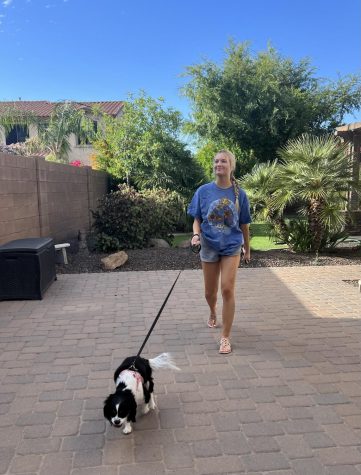There needs to be a separation of public and private information
Privacy – a right to be respected and not a privilege to be abused by big tech companies.
As technology continues to become a major part of everyday life, it becomes harder to part with. A phone can be used throughout an entire day; a beeping alarm that starts the morning, texting or calling with friends, doing last minute edits to a project on Google slides, scrolling through social media etc.
The point is that phones are always within hands and whether it is by tracking and recognizing patterns, or storing previously entered data using the app’s permission, it is always learning.
But what is the use for any of the that?
Shockingly enough it has a lot to do with profits and convenience.
Despite popular belief, most apps do not get their information about a user by listening to conversations. These ads are tailored to an audience who happen to punch in a few key words a couple of times through a search engine like Google or an eCommerce app. Even social media sites like Instagram analyze a user’s interests and pops relating ads into their feed. However, those are just algorithms at work and are not as in invasive as – say tracking.
Law enforcement, wireless carriers, and big tech companies such as Google, all have the ability to track one’s phone. Although Law enforcement has the authorization to do so, thanks to the Department of Justice’s policy (Use of Cell-Site Simulators) evidence shows they use other means.
According to a CNET article written by Alfred Ng, “Police officers tracking cell phones through wireless carriers has become a more prominent legal issue.” Wireless carriers have the ability to collect and sell real-time location information, their customers consisting of marketers who want to target ads based on location. The same goes for Google, who was caught for not ceasing the collecting of real-time location data even after users disabled the feature.
Taking notice of people’s craving for privacy, Apple has taken initiative towards protecting privacy and states on their privacy page that, “Apple doesn’t gather your personal information to sell to advertisers or other organizations.”
Now there may not be a way to stop companies from compiling data and using it to make money, but that does not mean there is no hope in securing privacy. People are more aware of how big tech companies can exploit their information and the more people notice, the more likely change is to come.







